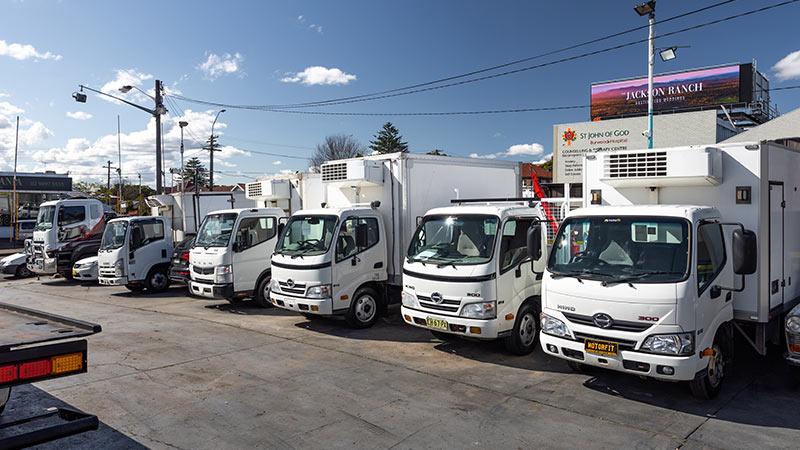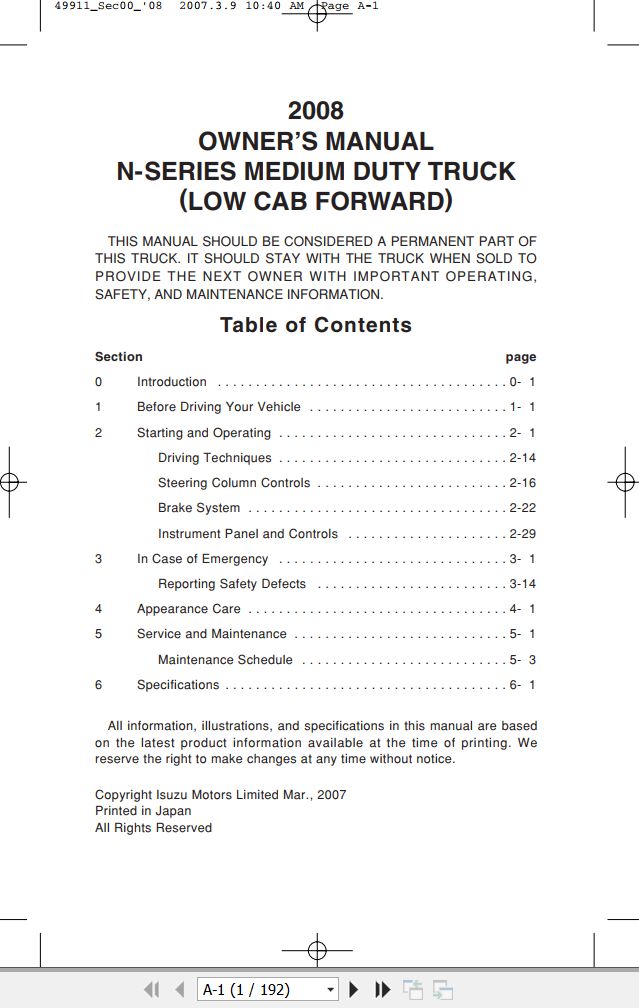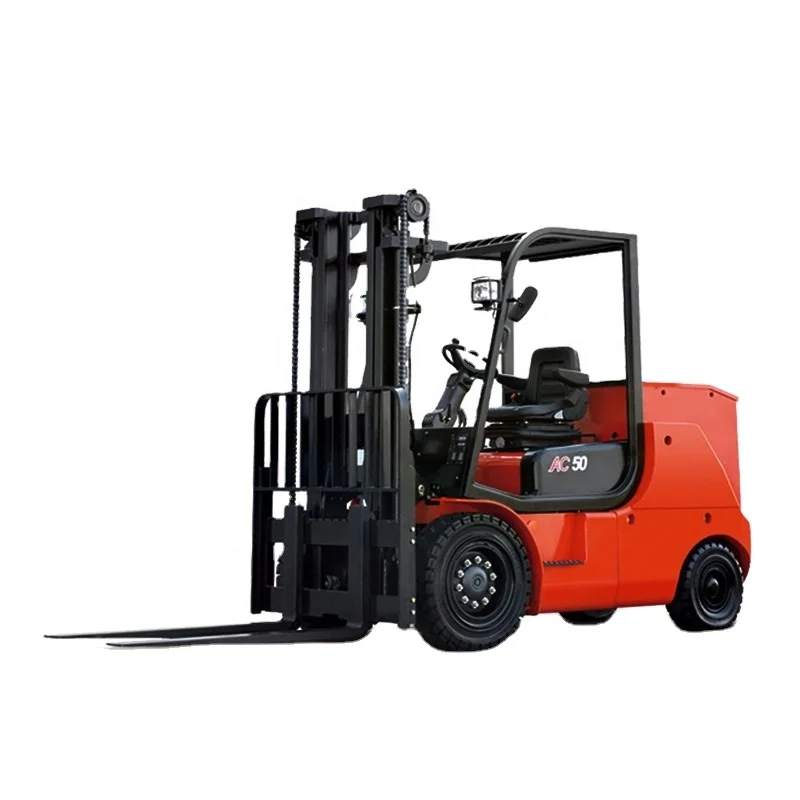Want To Buy A Truck From Owners: Your Comprehensive Guide to a Smart Purchase types.truckstrend.com
The rumble of a powerful engine, the versatility of a spacious bed, and the undeniable utility – trucks hold a special appeal for many. Whether you need one for work, weekend adventures, or simply the robust feeling of capability, acquiring a truck is a significant decision. While dealerships offer convenience, a growing number of buyers are turning their attention to private sellers. Buying a truck directly from its owner can unlock substantial benefits, from significant cost savings to a more transparent understanding of the vehicle’s history. However, this path also comes with its unique set of challenges that, if not navigated carefully, can lead to costly mistakes.
This comprehensive guide is designed to equip you with the knowledge, strategies, and actionable insights needed to confidently purchase your next truck from a private owner. We’ll delve into why this approach might be right for you, where to find these hidden gems, the critical steps of due diligence, how to negotiate effectively, and what legalities to mind to ensure a smooth, successful transaction.
Want To Buy A Truck From Owners: Your Comprehensive Guide to a Smart Purchase
Why Buy from an Owner? The Allure of Private Sales
Opting for a private sale over a dealership can be a shrewd move for several compelling reasons:
- Significant Cost Savings: This is often the primary motivator. Private sellers don’t have the overhead of a dealership (sales commissions, advertising, lot maintenance, reconditioning costs) to recover, meaning they can typically afford to sell at a lower price. You could potentially save thousands of dollars compared to an equivalent truck at a dealer.
- Direct History and Transparency: When you buy from an owner, you get to speak directly with the person who has driven and maintained the vehicle. This direct line of communication can provide invaluable insights into the truck’s true history – how it was used (light hauling vs. heavy towing), its maintenance schedule, any past accidents (even minor ones not reported), and general quirks that only an owner would know.
- Less Sales Pressure: Dealerships are businesses focused on sales targets and profit margins. Private sales, in contrast, are usually more relaxed. You can take your time, ask questions without feeling rushed, and make a decision free from high-pressure sales tactics.
- Wider Selection (Sometimes): While dealerships have inventory, private listings often include unique or niche trucks that might not be found on a dealer lot, offering a broader array of choices for specific needs or budgets.
- Negotiation Flexibility: Private sellers are often more flexible on price, especially if they need to sell quickly or if you can point out legitimate issues with the vehicle that warrant a price reduction.

The Search Begins: Where to Find Your Next Truck
The first step is knowing where to look. Private truck sales are abundant if you know the right places to search:
- Online Marketplaces: These are arguably the most popular and effective platforms.

- Facebook Marketplace: User-friendly, often local listings, and you can see the seller’s profile.
- Craigslist: Still a powerhouse for local private sales, though requires more vigilance against scams.
- AutoTrader.com (Private Seller section): A more dedicated automotive platform, often with more detailed listings.
- eBay Motors: Great for a wider geographic search, especially for specific or classic models.
- Local Car/Truck Groups on Social Media: Many communities have dedicated buy/sell groups.

- Local Classifieds: Don’t discount traditional newspapers or local community bulletin boards, especially in rural areas.
- Word of Mouth: Let friends, family, and colleagues know you’re looking. Someone might know an owner ready to sell.
- "For Sale" Signs: Driving around residential areas, especially in truck-centric communities, can sometimes lead you to a hidden gem.
Due Diligence: Researching the Truck and Seller
Once you’ve found a promising lead, thorough research is paramount. This phase helps you avoid lemons and ensures you’re paying a fair price.
- Vehicle History Report (VHR): This is non-negotiable. Services like CarFax or AutoCheck use the truck’s Vehicle Identification Number (VIN) to pull records on accidents, salvage titles, odometer discrepancies, flood damage, recall information, and service history reported to official sources. It’s a small investment (typically $25-$40) that can save you thousands.
- Market Value Research: Before making an offer, know what the truck is truly worth. Use resources like Kelley Blue Book (KBB.com), NADAguides.com, and Edmunds.com. Input the truck’s year, make, model, trim, mileage, and condition to get a fair market value range for private sales.
- Seller Verification: While not always possible, a quick look at the seller’s online profile (if on Facebook Marketplace) can give you a sense of their legitimacy. Ask questions about how long they’ve owned the truck, why they’re selling, and if they have service records. Be wary if they’re hesitant to answer.
- Review Service Records: Ask the seller if they have maintenance records. A well-maintained truck with documented service is a huge plus.
The Inspection Phase: What to Look For
This is where you get up close and personal with the truck. If you’re not mechanically inclined, always arrange for a Pre-Purchase Inspection (PPI) by a trusted, independent mechanic. This is the single most important step in mitigating risk.
- Exterior Walkaround:
- Rust: Check wheel wells, rocker panels, undercarriage, and bed. Surface rust is common, but frame rust is a major red flag.
- Body Panels: Look for dents, scratches, and mismatched paint, which could indicate unreported accident repair. Check panel gaps for consistency.
- Tires: Check tread depth and even wear. Uneven wear can signal alignment issues.
- Lights and Glass: Ensure all lights work and check for cracks in the windshield or mirrors.
- Interior Inspection:
- Wear and Tear: Check seats, carpets, dashboard for excessive wear.
- Electronics: Test all power windows, locks, radio, AC/heating, cruise control, and infotainment system.
- Smells: Musty smells can indicate water leaks or mold. A strong air freshener might be masking smoke or other odors.
- Odometer: Compare the reading to the VHR.
- Under the Hood (Engine Bay):
- Leaks: Look for fluid leaks (oil, coolant, power steering fluid).
- Fluid Levels: Check oil, coolant, brake fluid, transmission fluid (if applicable and safe to do so).
- Belts and Hoses: Look for cracks or fraying.
- Battery: Check for corrosion.
- Underneath the Truck: Get down and look at the frame, exhaust system, suspension components, and differential for severe rust or damage.
- Test Drive:
- Cold Start: Listen for any unusual noises (knocking, ticking).
- Engine Performance: Does it accelerate smoothly? Any hesitation?
- Transmission: Does it shift smoothly through all gears, both up and down? Any slipping or harsh shifts?
- Brakes: Do they feel firm? Any squealing or grinding? Does the truck pull to one side?
- Steering and Suspension: Does it track straight? Any play in the steering wheel? Listen for clunks or rattles over bumps.
- HVAC: Ensure both heating and air conditioning work effectively.
Pre-Purchase Inspection (PPI): Even if you’re mechanically savvy, a professional PPI is highly recommended. A mechanic will put the truck on a lift, check for structural damage, assess engine and transmission health, and identify potential issues you might miss. It typically costs $100-$250, but it’s the best insurance against buying a money pit.
Negotiation Strategies: Getting the Best Deal
Once you’re satisfied with the truck’s condition (or have a clear understanding of its flaws), it’s time to negotiate.
- Be Prepared: Know the market value and be ready to justify your offer with facts (e.g., "KBB value for this model is X," or "The mechanic noted worn tires and a small oil leak, which will cost Y to fix").
- Be Polite and Respectful: A respectful approach often yields better results than an aggressive one.
- Highlight Flaws (Gently): Use any issues found during your inspection or the PPI as leverage for a lower price.
- Have "Walk Away" Power: Be willing to walk away if the seller isn’t meeting your reasonable expectations. There are always other trucks.
- Cash is King (or a Pre-Approved Loan): Private sellers often prefer cash or a cashier’s check, as it’s immediate and final. If you need financing, secure a personal loan or pre-approval from your bank before you start negotiating.
The Transaction: Paperwork and Legalities
Congratulations, you’ve agreed on a price! Now, focus on the crucial legal steps to ensure a smooth and legitimate transfer of ownership.
- Bill of Sale: This is a vital document. It should include:
- Date of sale
- Full names and addresses of buyer and seller
- Vehicle make, model, year, VIN, and odometer reading
- Agreed-upon purchase price
- Signatures of both buyer and seller (and ideally, a witness or notary if required by your state).
- It’s wise to include an "as-is" clause if the seller offers no warranty (which is typical for private sales).
- Vehicle Title (Pink Slip): The seller must sign over the title to you.
- Ensure the VIN on the title matches the truck’s VIN.
- Check for any liens listed on the title. If there’s a lien, the seller must provide proof that the loan has been paid off (a lien release letter from their bank). Never buy a truck with an active lien unless you are absolutely certain the lien will be immediately released upon payment.
- Ensure all required signatures are present and notarized if your state requires it.
- Odometer Disclosure Statement: Many states require the seller to disclose the current mileage in writing.
- Registration and Plates: After purchase, you’ll need to register the truck in your name at your local Department of Motor Vehicles (DMV) or equivalent agency. You’ll typically need the signed title, bill of sale, and proof of insurance. You’ll also get new license plates (unless your state allows plate transfer).
- Insurance: Secure insurance for the truck before you drive it home. Driving an uninsured vehicle is illegal and risky.
- Smog Check/Emissions: Some states require a recent emissions test certificate for vehicle registration. Clarify with the seller who is responsible for providing this.
Potential Challenges and How to Overcome Them
While private sales offer advantages, they also come with risks:
- "As-Is" Sales: Most private sales are "as-is," meaning once you buy it, any problems become your responsibility. This underscores the importance of a PPI.
- Undisclosed Issues: An owner might intentionally or unintentionally hide problems. A comprehensive inspection and history report are your best defenses.
- Scams: Be vigilant. Red flags include:
- Price too good to be true.
- Seller unwilling to meet in person or allow a test drive/inspection.
- Seller demanding payment before you’ve seen the truck.
- Reluctance to provide the VIN.
- Suspicious payment methods (wire transfers to foreign accounts).
- Title washing (truck with a salvage title being sold as clean).
- VIN cloning (using a VIN from a legitimate truck on a stolen one).
- Financing: Getting a traditional auto loan for a private sale can be more challenging than for a dealership purchase. Many lenders prefer to deal with established dealerships. You might need to secure a personal loan or have cash ready.
Summary: Your Path to a Great Truck
Buying a truck from a private owner can be a highly rewarding experience, offering significant savings and a more personal purchasing journey. However, it demands diligence, patience, and a methodical approach. By thoroughly researching the market, meticulously inspecting the vehicle (preferably with a professional PPI), understanding the legal requirements, and negotiating confidently, you can mitigate the risks and secure a reliable truck that perfectly fits your needs and budget.
Remember, the goal isn’t just to find a cheap truck, but to find a good truck at a fair price. Take your time, do your homework, and you’ll soon be enjoying the open road in your new-to-you rig.
Want To Buy A Truck From Owners: Essential Information & Cost Overview
This table provides a comprehensive overview of key aspects and typical cost considerations when buying a truck from a private owner.
| Aspect | Description
